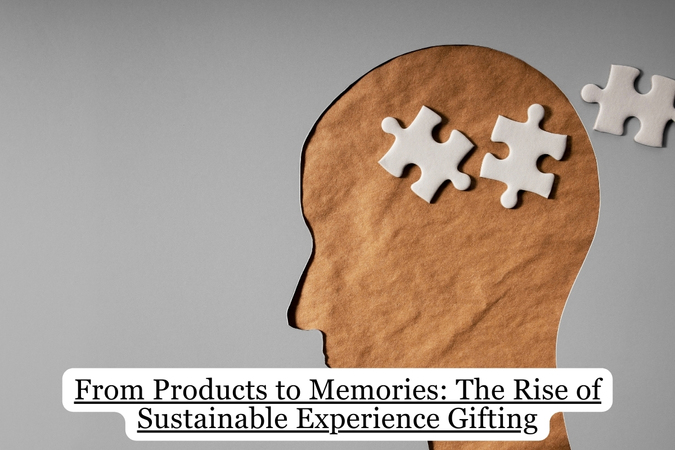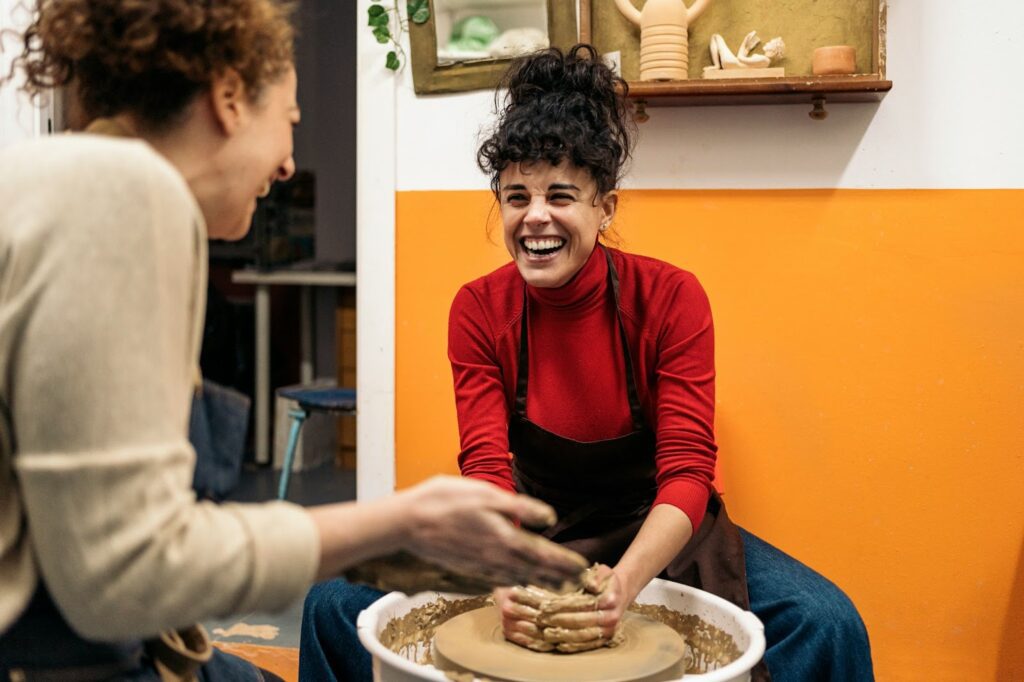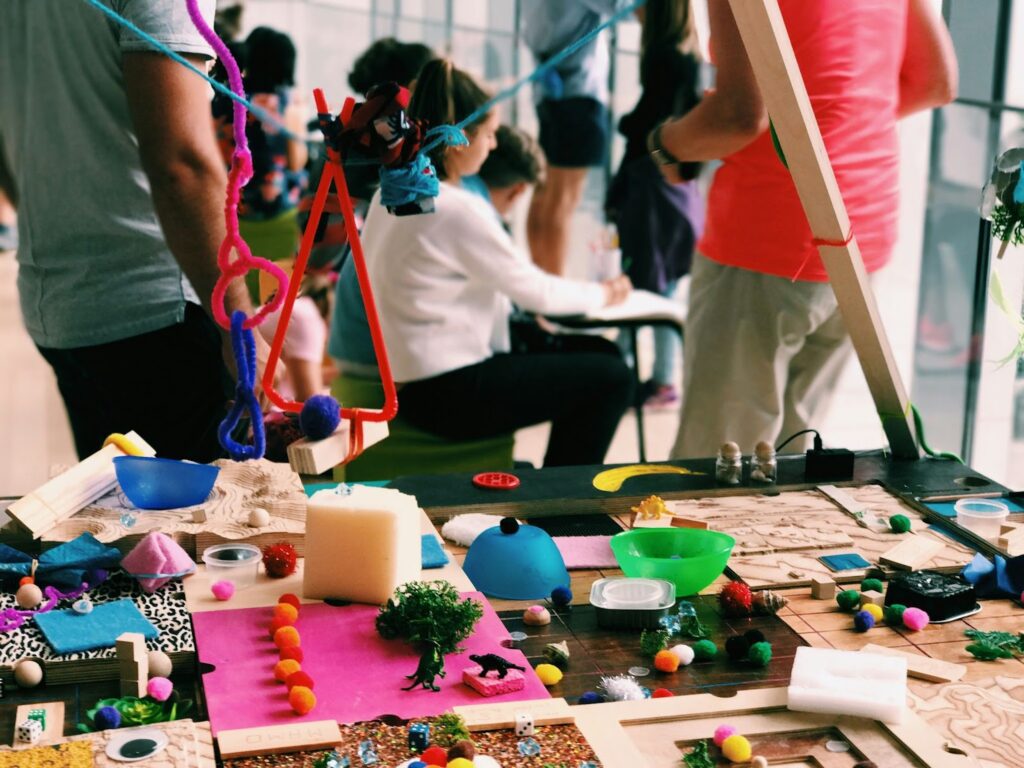

As awareness of overconsumption and its impact on our planet deepens, more people are looking beyond physical products to more sustainable, meaningful alternatives. Experience gifting isn’t just a thoughtful way to celebrate special occasions — it’s also a step toward more conscious living.
The shift towards giving time, shared memories, and personal growth opportunities reflects a growing desire to reduce waste and create lasting moments without the environmental cost.
By choosing experiences as gifts, we reduce the demand for mass-produced items that often come with hefty environmental footprints. Manufacturing, packaging, and shipping all contribute to pollution and resource depletion, but experience gifts bypass much of this lifecycle.

Let’s explore how this rising trend fits into the bigger picture of sustainable living, and how it offers a refreshing way to express generosity while respecting the environment.
Despite good intentions, the traditional culture of gift-giving often leads to excessive waste. Wrapping paper, plastic packaging, and mass-manufactured goods pile up, especially around the holidays. In fact, according to the Environmental Protection Agency (EPA), household waste in the U.S. increases by more than 25% between Thanksgiving and New Year’s Day, largely due to packaging and discarded items.
Beyond the visible waste, the hidden environmental costs of production are significant. From resource extraction to carbon emissions in transportation, physical gifts often carry a much larger ecological footprint than we realize.
This has led many eco-conscious consumers to rethink the traditional approach to gifting altogether.
Experience gifts, by their nature, avoid many of the pitfalls associated with physical products. They don’t require packaging. They don’t need to be shipped across oceans. And they don’t end up collecting dust on a shelf or, worse, in a landfill.

More importantly, experiences contribute to the well-being of both the giver and the receiver. Whether it’s a cooking class, a nature hike, or a relaxing spa day, these gifts create memories that last far beyond the moment of exchange. Psychological research supports this too: studies have shown that people derive more long-term happiness from experiences than from material possessions.
For example, a shared family adventure, an art workshop, or a local sightseeing tour provides enjoyment, learning, and often supports local businesses, making it a win for personal fulfillment and community sustainability alike.
When you choose experiences over products, you’re often supporting local businesses and artisans who rely on community engagement rather than mass production. This keeps money circulating within local economies and reduces reliance on global supply chains that contribute to pollution and exploitative labor practices.
Take, for instance, a guided wildlife tour in your area or a cooking class with locally sourced ingredients. These not only offer unique, enriching experiences but also promote environmental awareness and appreciation for local ecosystems and cultures.
The National Resources Defense Council (NRDC) emphasizes that supporting local economies is a key strategy in reducing carbon footprints, as it limits the need for long-distance transportation and fosters sustainable community development.
Another advantage of experience gifts is their minimal waste factor. There’s no shiny plastic packaging, no shipping boxes, and no risk of your thoughtful gift becoming unwanted clutter. Instead, experiences often leave behind only cherished memories — and perhaps a few photos to look back on.
Moreover, many experience providers are themselves moving toward eco-friendly practices. From zero-waste cooking classes to eco-conscious adventure tours, there are plenty of options for sustainably minded consumers.
To make your experience gift even greener, consider options that emphasize sustainability: look for experiences that include environmental education, use renewable energy, or actively support conservation efforts.

Transitioning to experience gifting doesn’t mean sacrificing thoughtfulness or joy. On the contrary, it opens up new possibilities for creativity and genuine connection. Here’s how to make the shift smoothly:
Not only will you be giving a memorable gift, but you’ll also feel good knowing you’re making a responsible choice for the planet.
As more consumers awaken to the environmental impact of their choices, the popularity of experiences as gifts is poised to grow. By moving away from physical products toward meaningful, memory-making experiences, we reduce waste, support local economies, and foster genuine human connection.
The next time you’re faced with a gifting decision, consider the joy and sustainability of giving an experience. It’s a choice that honors both the recipient and the planet — a truly priceless combination.
